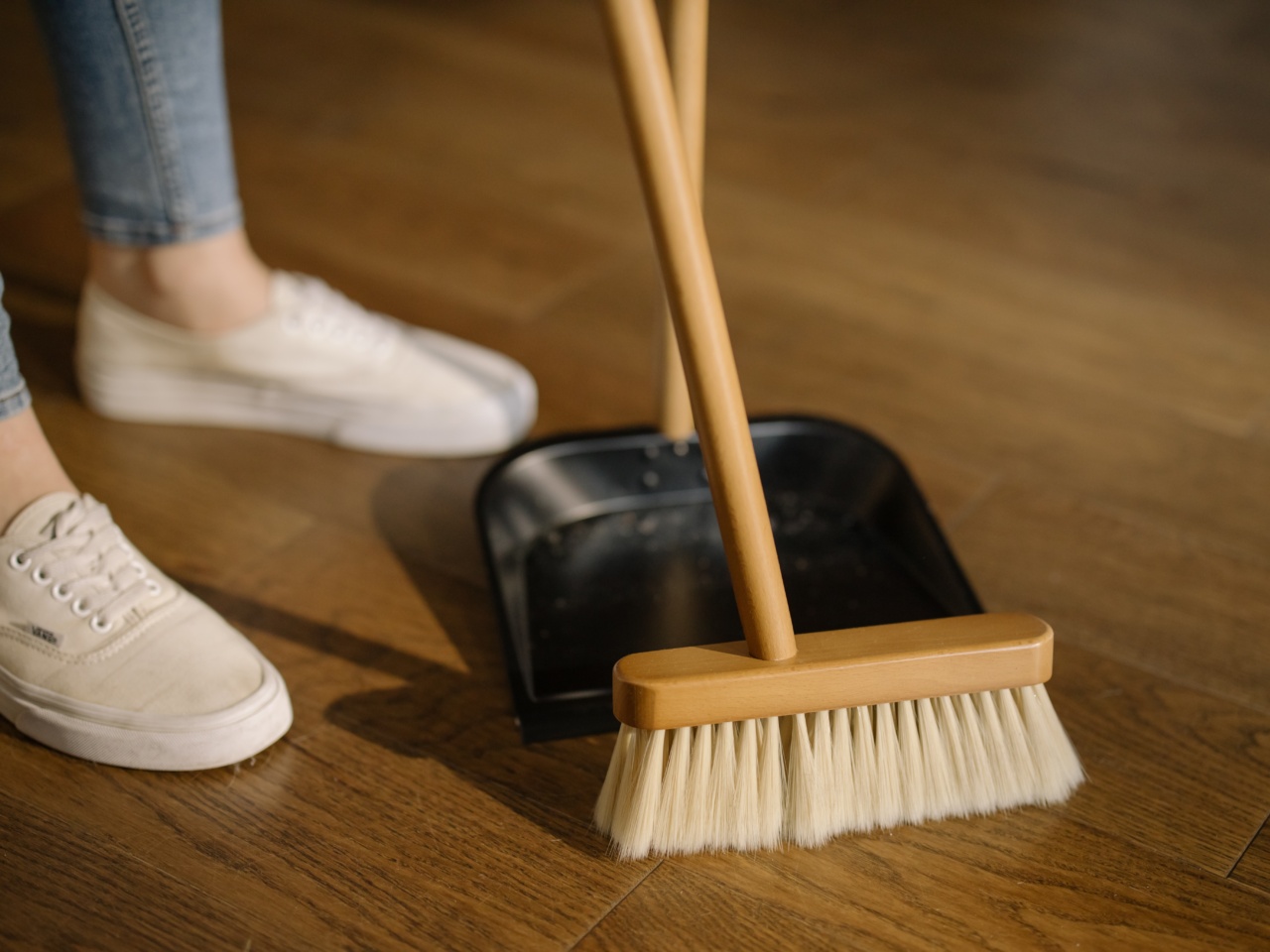Constipation is a common digestive problem that affects people of all ages.
It occurs when bowel movements become difficult or infrequent due to various reasons, such as a lack of fiber in the diet, dehydration, sedentary lifestyle, or certain medical conditions. While occasional constipation can be normal, chronic constipation can be uncomfortable and lead to other health issues.
Understanding Constipation
Before we delve into the habits to prevent constipation, let’s understand what constipation is. Constipation is typically characterized by:.
- Infrequent bowel movements (less than three times a week)
- Passing hard, dry stools
- Straining during bowel movements
- Feeling of incomplete evacuation
- Abdominal discomfort or bloating
The Importance of Healthy Bowel Movements
Having regular bowel movements is essential for maintaining a healthy digestive system. It helps eliminate waste and toxins from the body, prevents the build-up of harmful substances, and supports overall gut health.
Additionally, regular bowel movements reduce the chances of developing complications such as hemorrhoids, anal fissures, or diverticulosis.
Habits to Promote Regularity and Prevent Constipation
1. Maintain a Fiber-Rich Diet
Eating a diet high in fiber is one of the most effective ways to prevent constipation. Fiber adds bulk to the stool, making it easier to pass through the intestines.
It also helps regulate bowel movements and promotes the growth of beneficial gut bacteria. Include plenty of fruits, vegetables, whole grains, and legumes in your diet to ensure an adequate fiber intake.
2. Stay Hydrated
Dehydration can contribute to constipation by making the stool harder and more difficult to pass. Ensure you drink enough water throughout the day to stay properly hydrated. Aim for at least eight cups (64 ounces) of water daily.
Additionally, limit your intake of caffeinated and alcoholic beverages as they may have a mild diuretic effect.
3. Get Regular Exercise
Regular physical activity helps stimulate intestinal contractions and promotes bowel regularity. Engage in activities such as walking, jogging, cycling, or swimming for at least 30 minutes a day.
Exercise improves blood flow to the digestive system and aids in the overall functioning of the intestines.
4. Manage Stress
Stress can disrupt normal bowel movements and contribute to constipation. Practice stress management techniques such as deep breathing exercises, yoga, meditation, or engaging in hobbies that help you relax.
Taking time for self-care and reducing stress levels can significantly impact your digestive health.
5. Establish a Regular Sleep Schedule
A regular sleep pattern plays a crucial role in maintaining overall health, including digestive health. Lack of proper sleep can affect the digestive system’s function, leading to irregular bowel movements.
Aim for 7-8 hours of quality sleep every night to support optimal digestion.
6. Don’t Ignore the Urge to Go
When you feel the urge to have a bowel movement, it is important not to ignore it. Holding in stool can lead to water absorption from the colon, making the stool harder and more challenging to pass.
Responding promptly to your body’s signals can help maintain regularity.
7. Consider Natural Remedies
In addition to lifestyle changes, some natural remedies may alleviate constipation. These include:.
- Herbal teas, such as peppermint or ginger tea
- Prunes or prune juice
- Aloe vera juice
- Flaxseed or chia seeds
- Probiotic supplements
8. Avoid Prolonged Sitting
Sitting for extended periods can lead to a sedentary lifestyle, which can contribute to constipation. If you have a desk job or spend a lot of time sitting, make an effort to stand up and move around every hour.
Even short walks or stretches can help stimulate bowel movements.
9. Practice Proper Toileting Habits
When using the toilet, aim for a relaxed, comfortable position that promotes proper bowel evacuation. Use a footstool or a squatting position to help align the rectum for easier elimination.
Avoid straining or excessive pushing, as this can worsen constipation or cause other complications.
10. Consult a Healthcare Professional
If constipation persists despite lifestyle changes and natural remedies, it is essential to consult a healthcare professional.
They can evaluate your symptoms, perform any necessary tests, and recommend appropriate medical interventions or medications to manage your constipation effectively.
Conclusion
Constipation is a common problem that can significantly affect your quality of life.
By adopting simple habits such as maintaining a fiber-rich diet, staying hydrated, exercising regularly, managing stress, and practicing proper toileting habits, you can promote regular bowel movements and keep constipation at bay. However, if constipation persists or worsens, it is crucial to seek professional medical advice for proper evaluation and personalized treatment.































